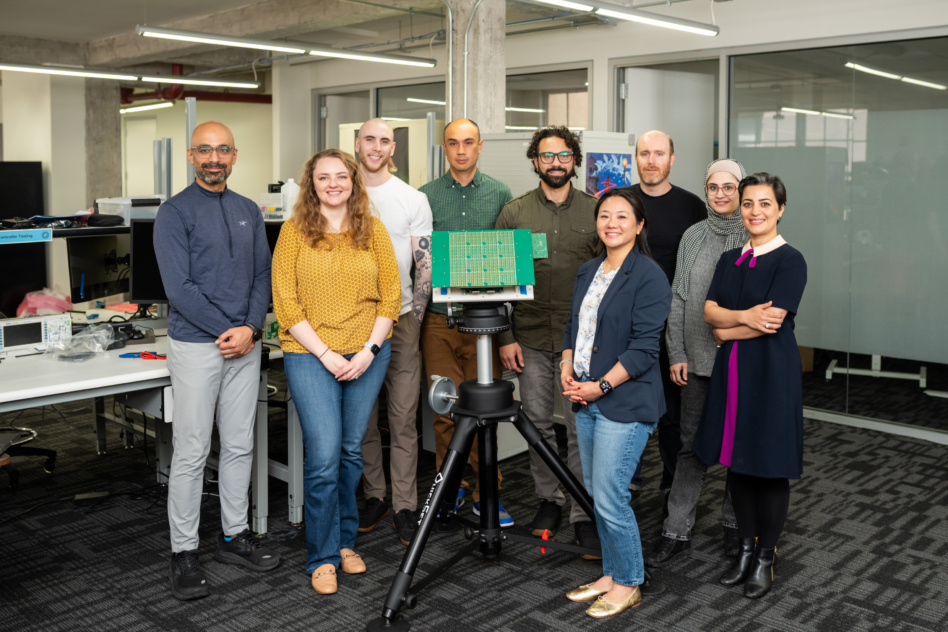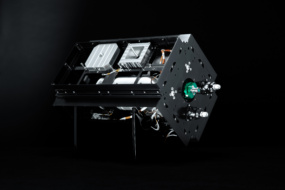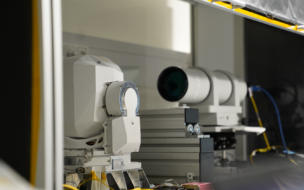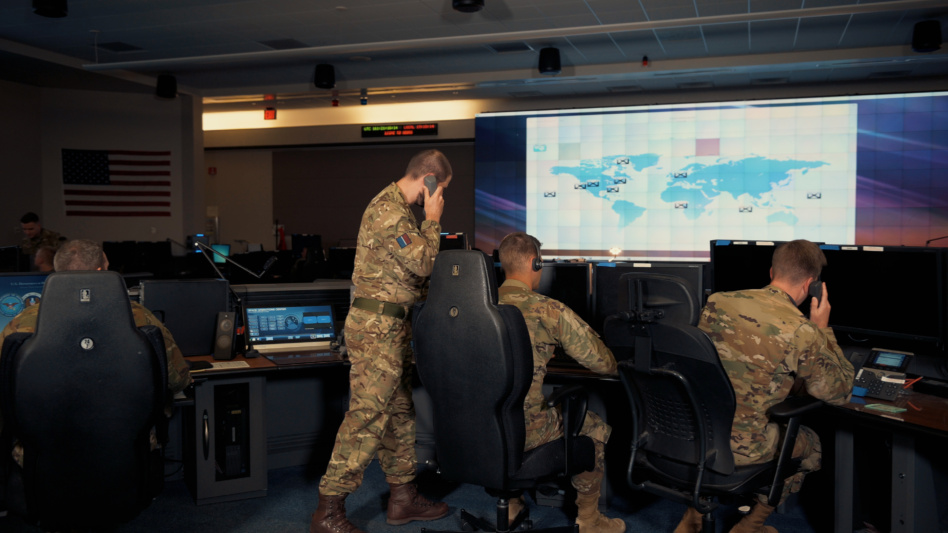UTVate, a CA-based startup developing next-generation user terminals, has changed its name to Farcast in an effort to attract a wider range of customers as it ramps up to full production next year.
Siamak Ebadi, Farcast’s CEO and founder, said that the mission of UTVate—a portmanteau of user terminal and innovate—wasn’t clear to that wider range of customers that he hopes will be drawn in by the new moniker to build the startup into a billion dollar business.
Shopping around: As part of the team building the first Starlink satellites during SpaceX’s early days, Ebadi quickly recognized the lack of options in the market for quality user terminals. All of Starlink’s technical needs simply couldn’t be met with one existing product, so the team built their own.
When Ebadi moved to Astranis in 2018 to work as the lead RF antenna engineer on satellite payloads, he had a Groundhog Day-moment.
“This question of user terminal always came up. I found myself doing this analysis and investigation twice in a row, and just realized the pain point is big out there. So, I started the company,” Ebadi told Payload.
Building a dream: Since its founding in 2019, the company has raised $13.6M from investors including Blue Yard, Y Combinator, Uncorrelated, MaC Venture Capital, and Fifty Years. In that time, the company has been building, testing, and demonstrating its phased array antennas that are the first to be able to transmit and receive at the same time, on the same aperture.
Compared to other user terminals, Farcast’s can offer the same performance at about half the size, or up to twice the performance with a similar sized terminal. This increases the end revenues for satellite operators, and vastly improves the internet speeds for end users.
“The difference in our approach was [to] not just build something and then try to take it to production and try to sell it,” Ebadi said. “We brought in customers. We collectively went through over three years of collaboration to define and fine tune an ideal dream product for the industry.”
What’s next: Farcast has secured $4M+ in contracts, including a $1.25M SBIR Phase II award from AFWERX to test their user terminals for military use. It expects to triple its revenue over the next year and will begin producing its user terminals at scale in 2026.
The goal is to keep its capital expenditure as low as possible by outsourcing the production of its user terminals and focusing on COTS components as much as possible.
“Nothing that we are using requires specific deployment of capital within the physical boundaries of the company. Everything is just standard manufacturing,” Ebadi said. “It can be done by multiple contract manufacturers anywhere in the world; as a result we’re bringing the costs down.”





